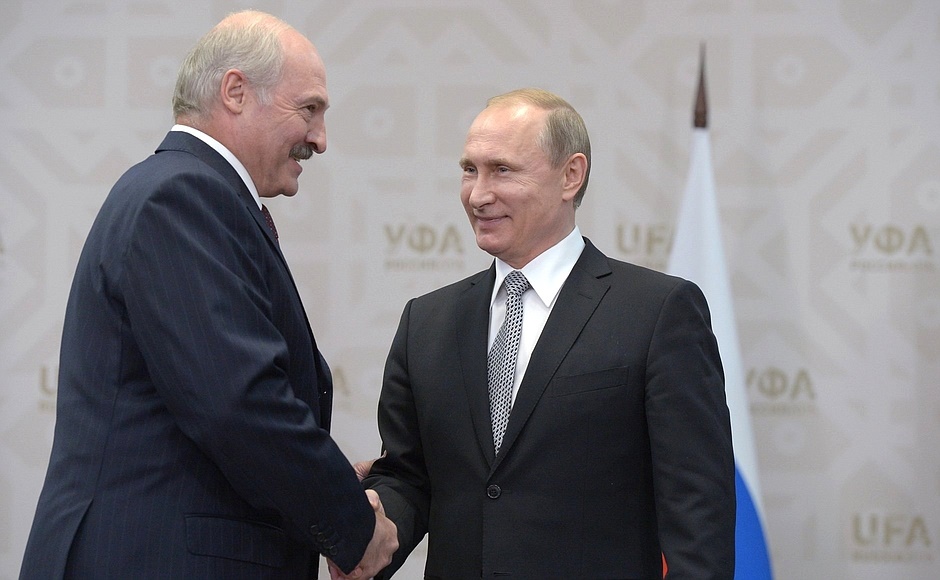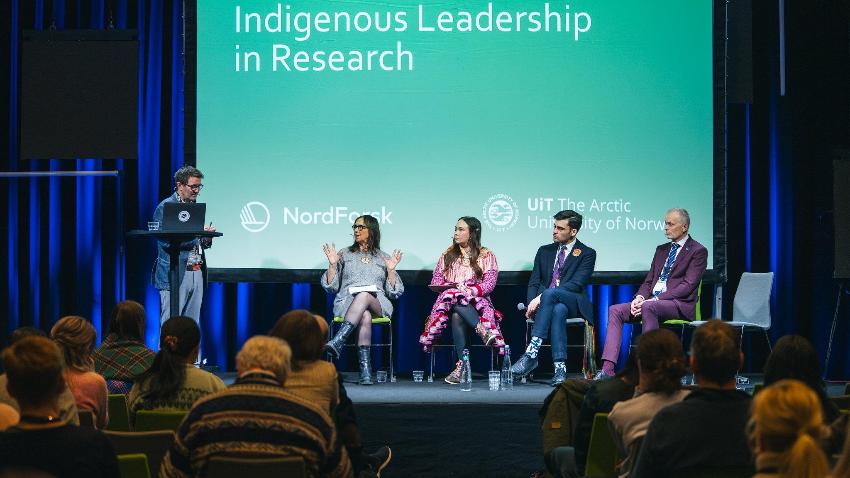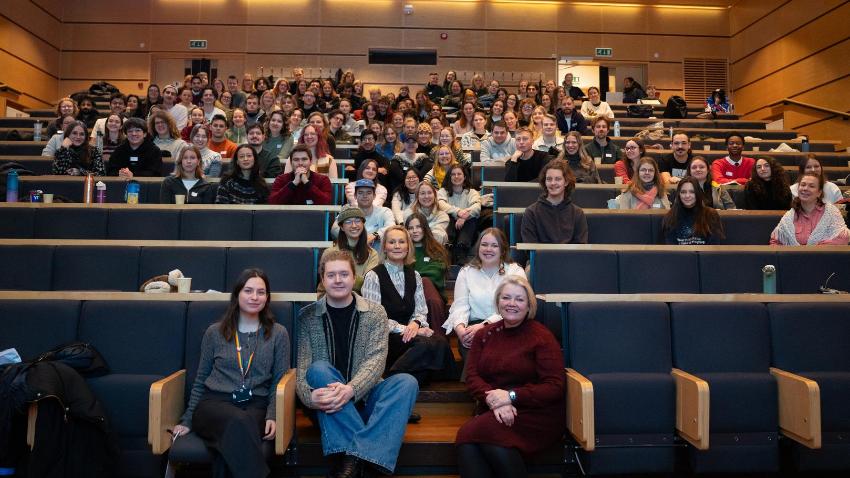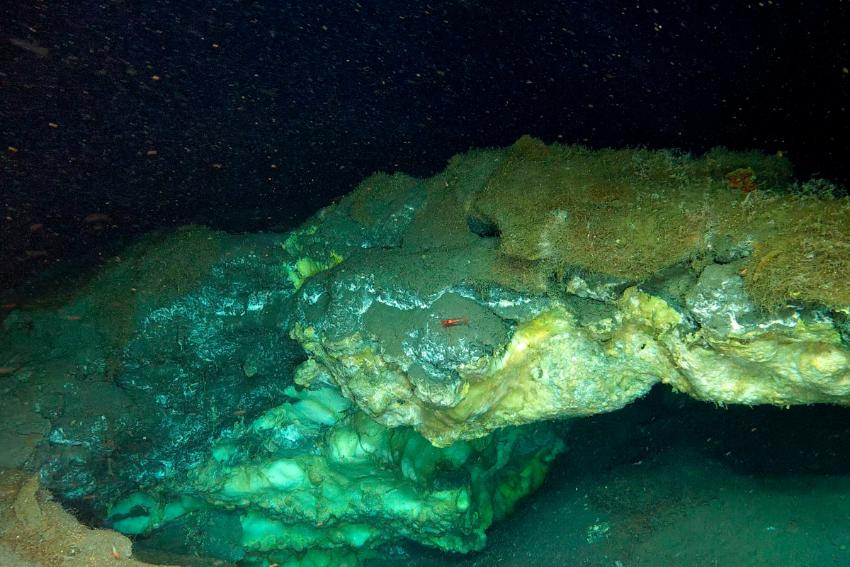Belarus on the Brink by Marc Lanteigne, Associate Professor of Political Science at the University of Tromsø, Norway.
‘The leader of Belarus has counted on election fraud to keep him in power for more than a quarter-century. This time around, his luck may have run out.’
After the President of Belarus, Alexander Lukashenko, first came to power in 1994, subsequent rigged elections, suppression of dissent, and the erosion of the country’s legal frameworks appeared to place him in an unassailable position, earning the leader the dubious moniker of ‘Europe’s last dictator’. The events immediately before and after this month’s vote, however, have laid bare not only the hubris of the Lukashenko regime but also the serious crises the country is facing, regardless of the endgame of the street protests which were sparked by the latest attempt by the president to tailor the election results in his favour. As well, where Belarus goes next will not only depend on the situation within the country, but on the responses by Russia, the European Union, the United States, and other interested parties. As with previous people’s protests in the former Soviet Union, especially the Euromaidan unrest in 2013, there is both an internal and an external dimension to the troubles facing Belarus and the prospects of democracy finally coming to the country.

On the ground, the president made a series of critical errors in the months before the vote, which earlier would have seemed as another cakewalk given his actions against several prominent opposition figures. They included presidential rival Viktor Babaryka, who was arrested in June, along with his son and employees at a Belarusian bank owned by Mr Babaryka, on charges of financial fraud. The previous month, popular opposition activist and video blogger Sergei Tikhanovsky was detained for being a foreign agent, with other charges added the following month. Several other activists and journalists found themselves being detained in the weeks before 9 August election, and others found themselves forced to leave the country, including another major opposition figure, Valery Tsapkala, who left for Russia in early July with his children to avoid arrest. These actions have coincided with attempts by the Belarusian government to paint any and all opposition as ‘sheep’, co-opted by foreign forces.
The Lukashenko government failed to comprehend the strong challenge presented by one of the few opposition figures left to contest the election, namely Svetlana Tikhanovskaya, a non-politician who rose from near-complete obscurity to becoming the locus of the anti-government protests. Ms Tikhanovskaya, wife of the jailed Mr Tikhanovsky, was initially written off by the government as a harmless addition to the race both because of her outsider status and her gender. Yet, the rapid arrest and harassment of so many opposition leaders also proved to have severely backfired as a strategy, given that popular dissent was soon focused on Ms Tikhanovskaya, who swiftly received a groundswell of popular support and international recognition.
According to the government, Mr Lukashenko received an unlikely figure of more than eighty percent of the vote, with Ms Tikhanovskaya trailing with ten percent. This outcome, however, only inflamed popular anger and touched off a fresh wave of protests in the capital, Minsk, and other cities. Internet services were also shut down since the vote, reflecting government alarm over the turmoil, (the messenger app Telegram had become central to the organisation of the protests). On 11 August, Ms Tikhanovskaya was reportedly detained by authorities, before traveling across the border to Lithuania, but this move did not slow down the civil unrest in the days after the vote, protests which have so far claimed the lives of two protestors, and have been followed by at least six thousand people being detained, prompting condemnation from both the EU, which is now discussing sanctions, and the United Nations.
Even before Ms Tikhanovskaya became the central figure of the election, Mr Lukashenko was facing cracks in his regime from several sources. First, even before the financial chaos wrought by the coronavirus pandemic began, the Belarusian economy, which in many ways has moved only nominally away from the former Soviet model, was straining under debt and mismanagement. Second, Mr Lukashenko, taking a page from other populist figures, including Donald Trump and Brazil’s President Jair Bolsonaro, has sought to play down the severity of the pandemic, infamously suggesting that vodka and visits to the sauna could combat the virus. However, by mid-August the country had recorded over 69,000 cases of Covid-19, out of a population of 9.4 million, but these cases were waved off by Mr Lukashenko, who stated without evidence that 97% of the country were carrying the virus ‘asymptomatically’. Third, well before the latest election there had been concerns about the human rights situation in Belarus, including crackdowns on journalists.
Also important in gauging the current crisis has been Belarus’ waning foreign policy situation. Since coming to power, Mr Lukashenko had been a close friend of Russia, keeping the West, and the European Union and NATO, at arm’s length. However, the Vladimir Putin government had begun to push the Belarusian leader to strengthen the 1999 union agreement between their two states, and has been using various economic levers to accomplish this. These pressures contributed to a souring of bilateral relations, a situation not helped by the arrest of thirty-three alleged Russian mercenaries in Belarus shortly before the election who were accused of attempted terrorism and seeking to destabilise the country before the election.
In recent months, the Belarusian leader had begun to seek closer partnerships elsewhere, with limited success. A meeting between Mr Lukashenko and US Secretary of State Mike Pompeo in February this year produced many promises of economic cooperation but little follow-through, and the economic relationship between Belarus and China, buoyed by Beijing’s interests in adding the former Soviet state to the Belt and Road trade network, has also fallen short of expectations.
The post-election situation in Belarus is problematic for Moscow, since although there is little love lost with the Lukashenko government, a rising Belarusian opposition could also push the country closer to the EU, in an uneasy echo of the pressures which faced Ukraine almost a decade ago. There is also now the crucial question of what the United States and Europe can do to add momentum to democratic actors in the region, a difficult task given the current chaotic global situation. Despite being able to retain power after this vote, the question remains as to whether his government has lost too much legitimacy to continue further, and if that is the case, the next phase of this political crisis could create unpredictable aftershocks and Europe, and possibly beyond.
Marc Lanteigne is an Associate Professor of Political Science at the University of Tromsø, Norway.



